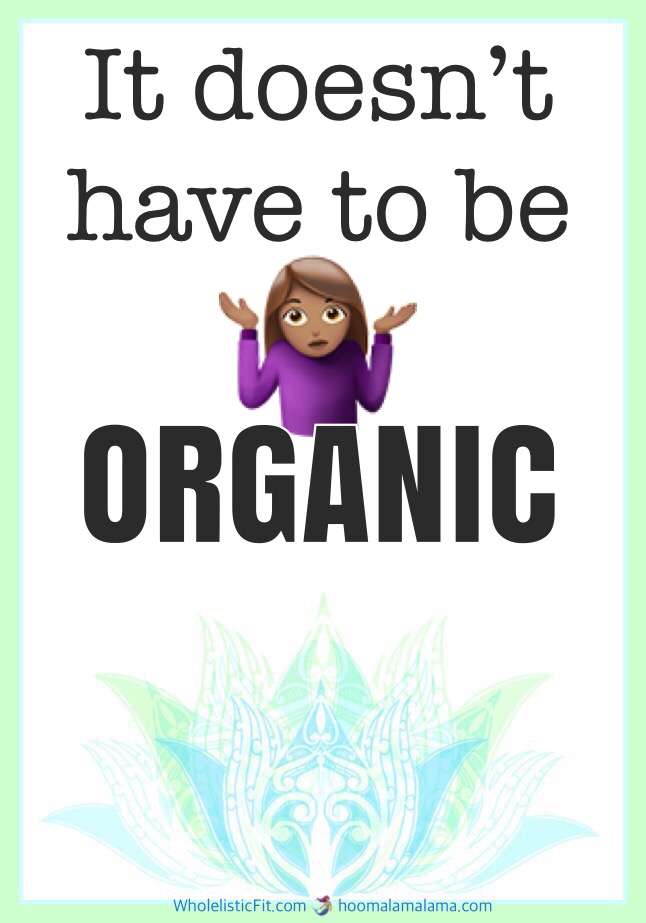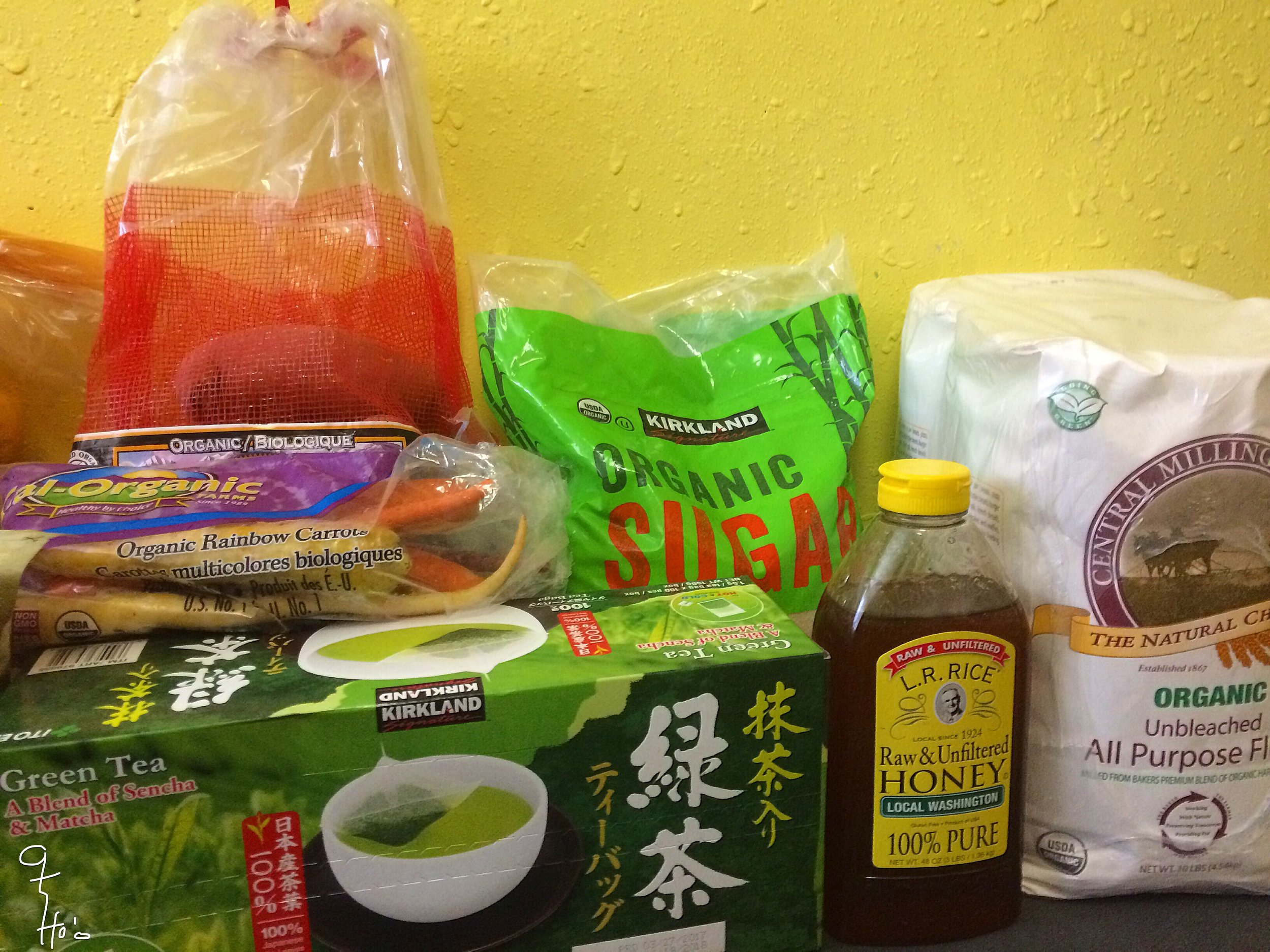The title sounds controversial but let me explain, I've got a great case to build in favor of local farmers.
Who created the organic title?
The term, "Organic Farming," was coined by Lord Northbourne in 1940, more here, and traced back even earlier, when according to Wiki they had to distinguish what was grown with...
This form of ammonia had already been used to manufacture explosives, so after the war, it was implemented into the fertilization of agriculture.
Certified organic foods are not necessarily pesticide-free, as certain pesticides are allowed. [According to a wikipedia article.]
I felt compelled to write this blogpost because I've been a participant and customer of my local farmers market for over 12-years, ever since I gave birth to my third child. It's funny how children will inspire you to review what you consume and how one lives. Anyway, back to the farmers market. Many of the local farmers practice organic farming. Their whole agenda is to provide safe and sustainable produce. But when I asked, "Why don't you use the ORGANIC label?" Their answer, "We can't afford it!"
“We owe it to ourselves to create a lifestyle that will support us through life’s up’s & down’s.”
I couldn't wrap my mind around this and my brain was going through a mind-shift. So I did my own research and sure enough it's not even worth it for the small farms. What they have to do and subject their farms to doesn't add up, not to mention how it will drive the price up. And the average consumer would simply buy elsewhere. To be fair there are programs for small farms to register but is it worth it?
Here's where it get's tricky...
1. PROCESS
Each country regulates the term organic and for any farm, in USA, to carry the label it MUST apply, pay fees & undergo intense inspection.
2. COMPETITION
Let's be honest, small farms can't afford the expense of the organic label. Some have regular jobs while selling at the farmers market on weekends.
3. SEASONAL
They practice responsible farming and can't produce on-demand. Their collection of seeds are often the most valuable possession. Seed-Time-Harvest.
Why do local farmers even bother?
I'll tell you why... they're driven by a deep responsibility to humanity. The true dreamers hoping that each seed will change a life for the better. Revolutionaries without celebrity endorsements or gratitude from the community they're trying to support.
I'ver heard people pass by beautiful produce and turn their noses up because of a blemish or color. Don't they realize that the perfect red and flawless apple was the creation of the evil witch on Snow White.
What can we do?
During off season I shop at a store that sells local produce, when possible, then during spring to fall I'm at the farmers market or local co-op farm. Have you tried a co-op farm yet? I also like the farms that you pay a monthly fee for a box of fresh goodies.
Today you can buy fresh from an app but I suggest that you support your community first. Here's my tips,
- Get to know your farmer.
- Connect with their story.
- Share where you shop.
- Tell everyone.
- Take pics and post.
Okay, I'll get off my soapbox and stop preaching but I really am concerned. Every time we exchange a local farmer for concrete and asphalt we expose ourself to a dangerous level of disconnect. If we can designate 5% to shop and buy local, imagine what we're doing for our backyard economy. You're supporting a family who enjoys growing and producing pesticide free product and I appreciate that, since I don't always have a green-thumb when it comes to growing veggies. [But I'm working on it.]
If you're not a Mermaid and what to keep in-touch with my type of creative crazy then sign up for the newsletter and become a MERMAID, link below.





